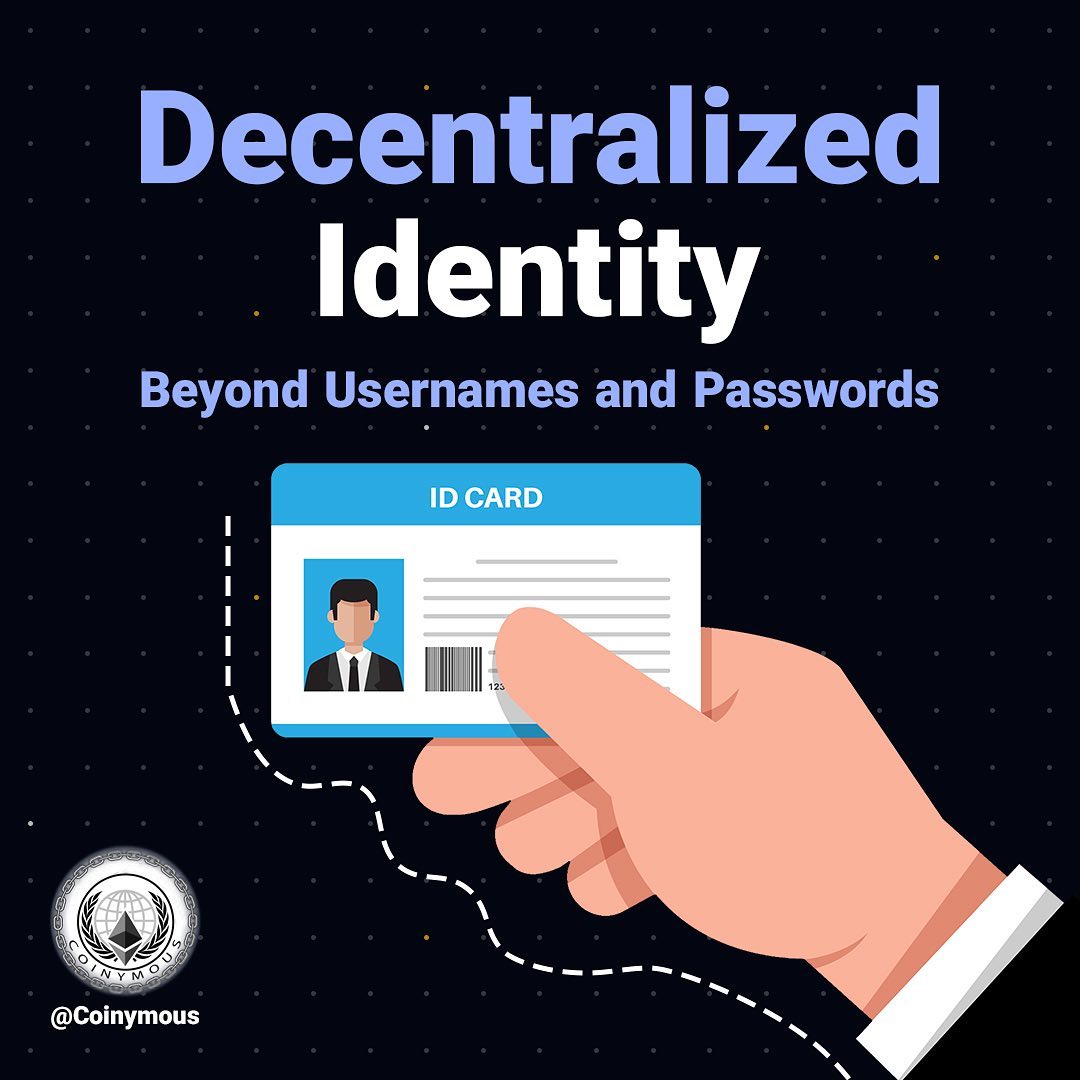
Decentralized Identity: Beyond Usernames and Passwords 🔑
Decentralized identity refers to a system where individuals have control over their own personal information and can choose how it is used, eliminating the need for traditional passwords and usernames. It offers a more secure and private way of managing digital identities in an increasingly connected world.
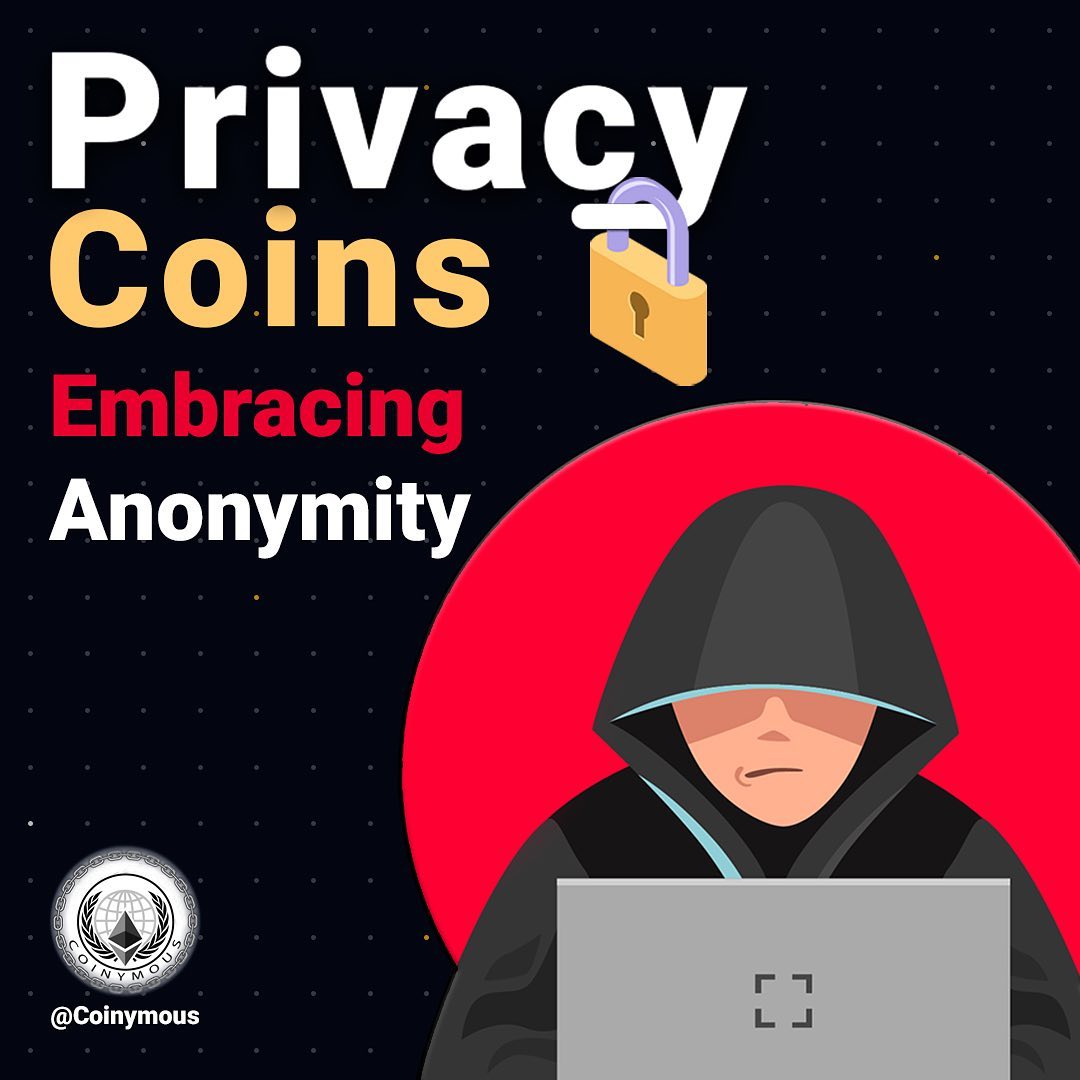
Privacy Coins: Preserving Anonymity in the Digital Age 🕶️
Privacy coins are cryptocurrencies that prioritize user anonymity, employing various techniques such as stealth addresses and ring signatures to ensure transaction privacy and preserve individual identities in the digital realm. These coins aim to address growing concerns about privacy and surveillance in the age of digital technology.

Smart Contracts: Pioneering Trust in Decentralized Applications 📝
Smart Contracts are self-executing contracts with predefined rules that are coded into a blockchain. They automate the execution of transactions in a secure and transparent manner, eliminating the need for intermediaries and ensuring trustworthiness in decentralized applications.
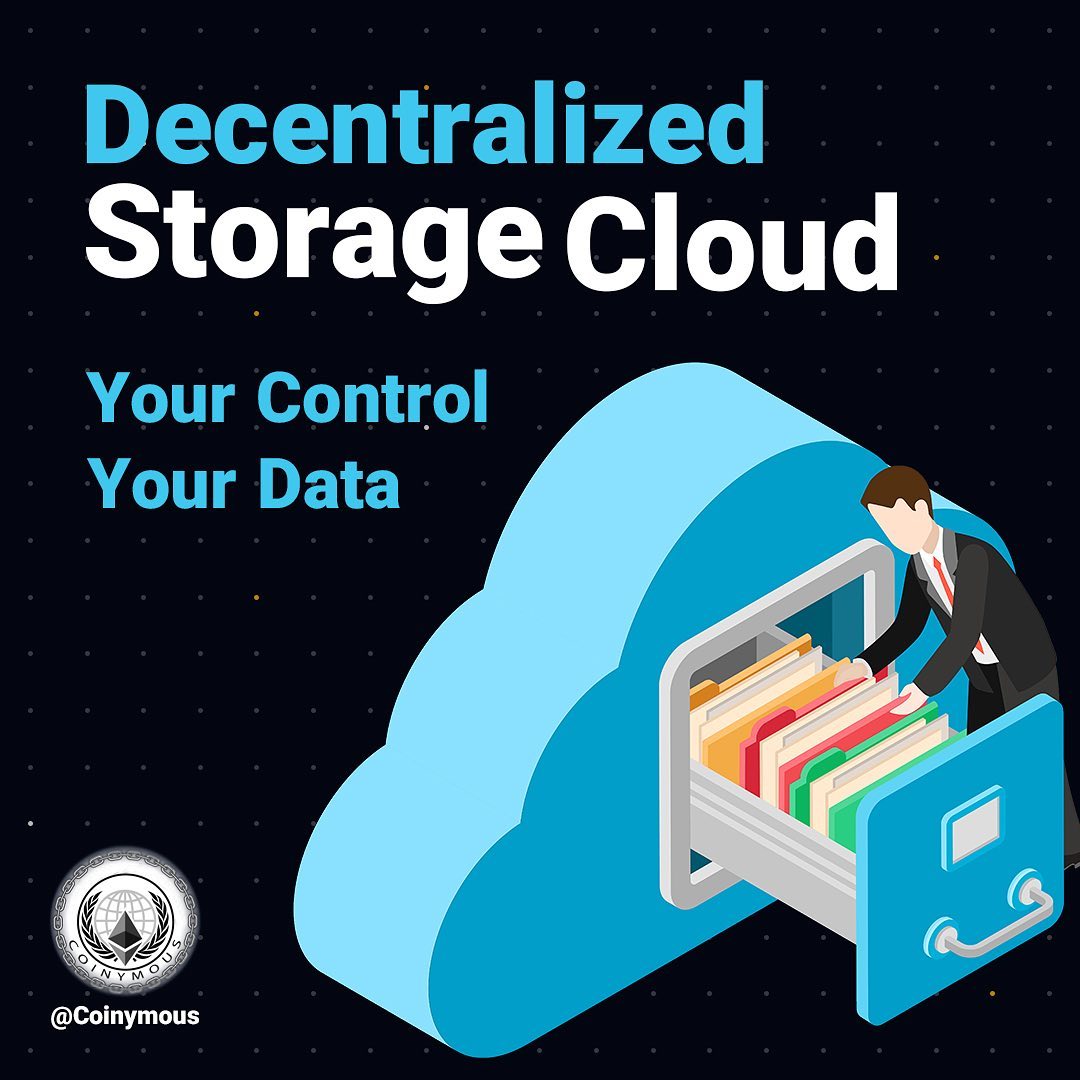
Decentralized Cloud Storage: Your Data, Your Control ☁️
Decentralized cloud storage refers to a storage system where data is distributed across multiple nodes or servers, eliminating the need for a centralized authority. This ensures that users have full control over their data, preventing third-party interference or unauthorized access.
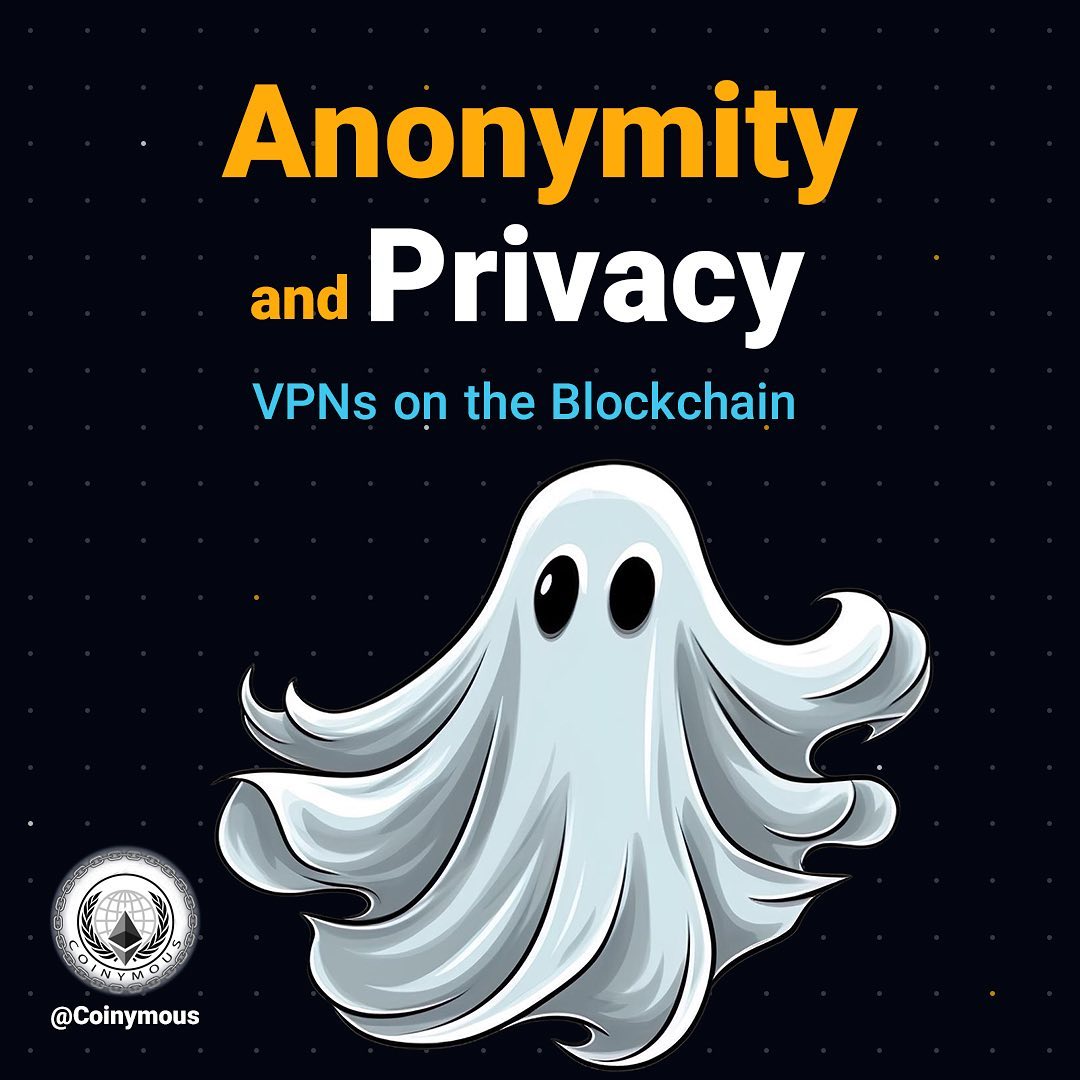
Anonymity and Privacy: VPNs on the Blockchain 🛡️
VPNs on the blockchain provide a combination of anonymity and privacy. They allow users to surf the internet anonymously by hiding their online activities and encrypting their connections, while leveraging the decentralized nature of blockchain technology to ensure that their privacy is protected and information remains secure.
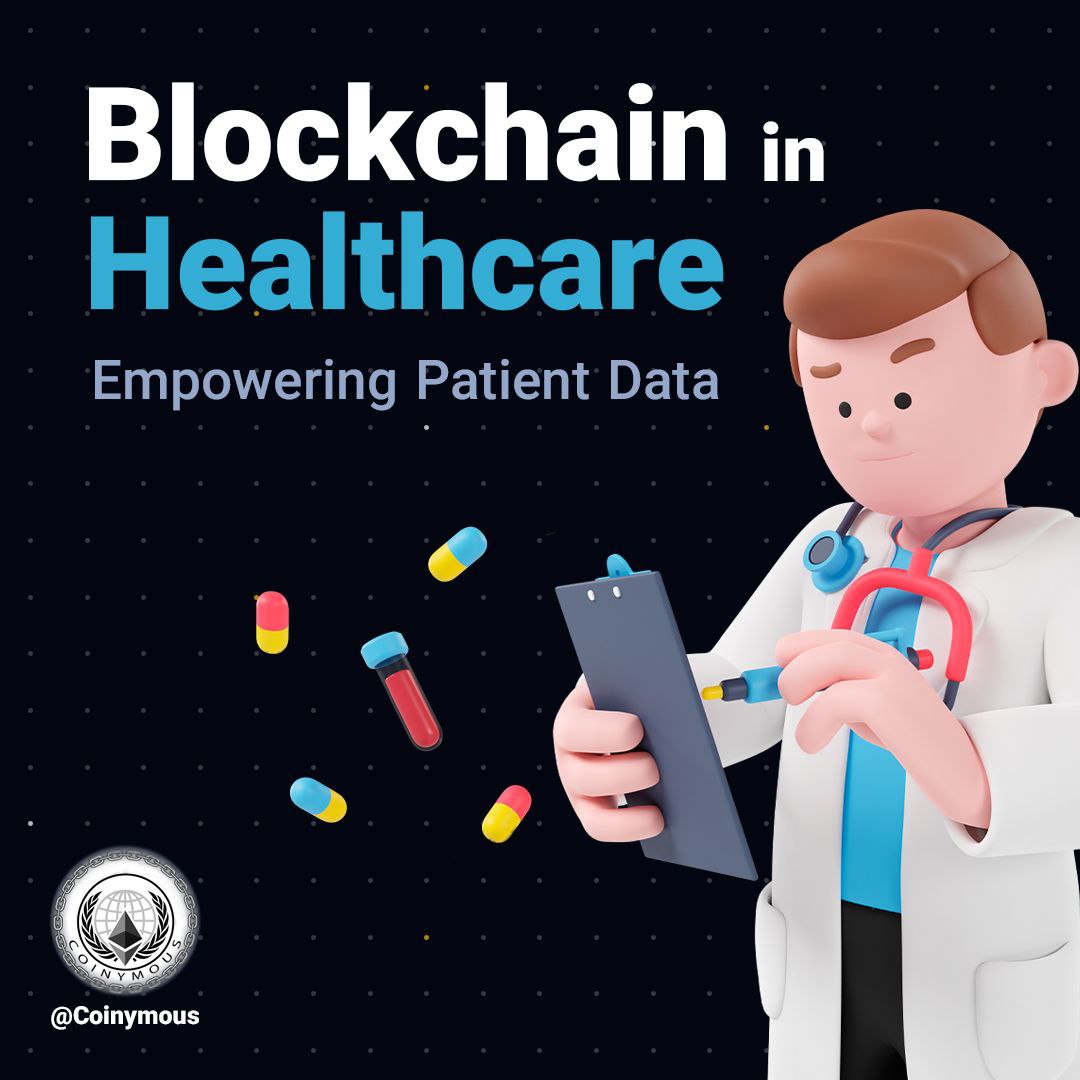
Blockchain Unleashes Healthcare Revolution: Empowering Patients' Data Security 🏥
Blockchain technology enables secure and decentralized storage and exchange of healthcare data, ensuring patient privacy and control over their information. This empowers patients to actively participate in managing their own healthcare, leading to a transformative revolution in the industry.
Let's Turn Your Vision into Reality
Reach out to us for a free discovery call, where we collaboratively bring your ideas to life. We're excited to hear from you. kindly complete the form below.